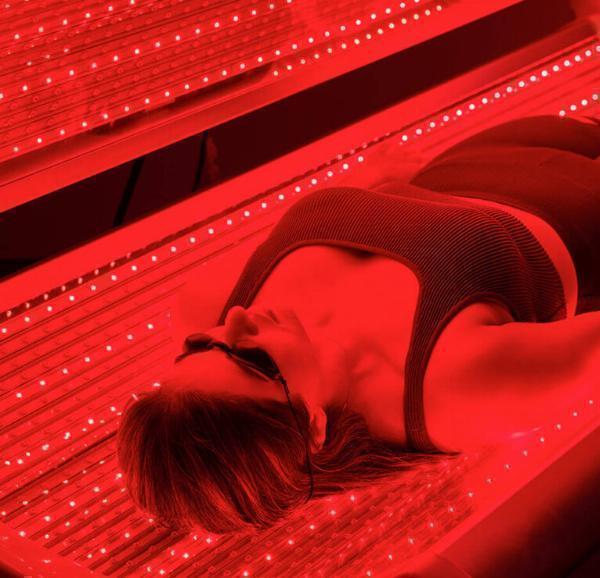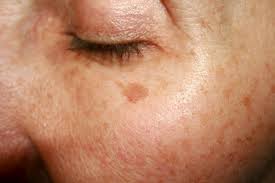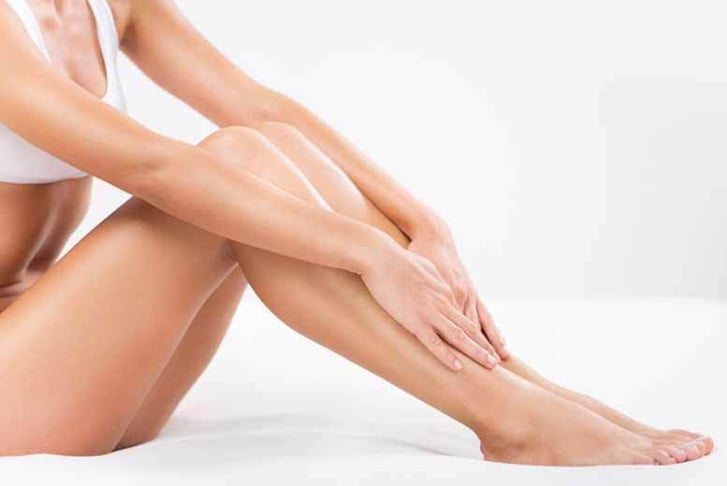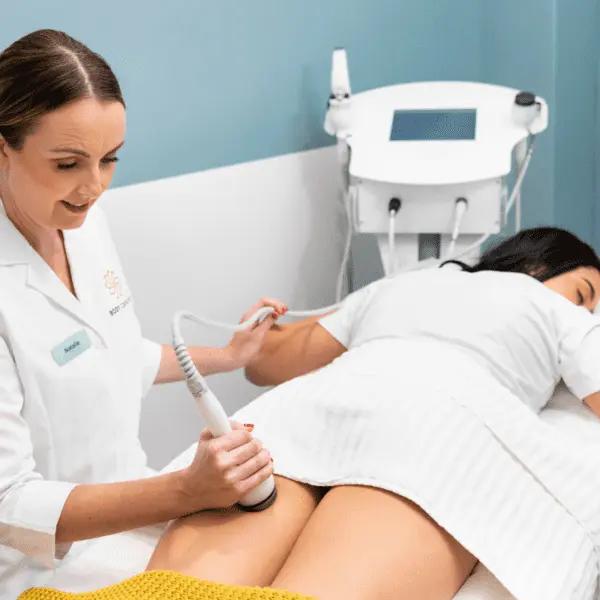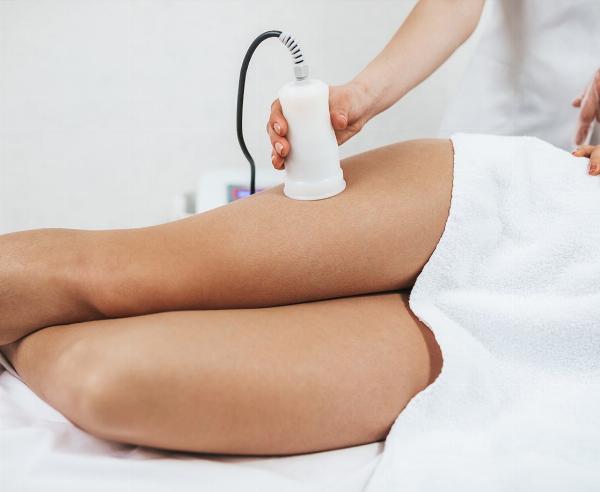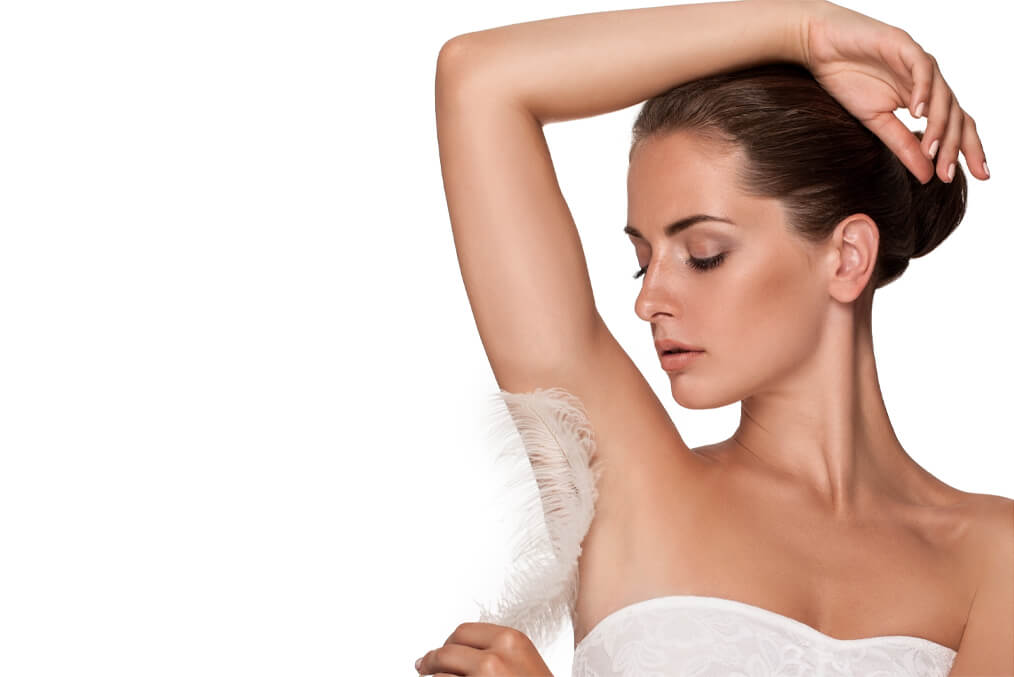 Competitor Backlink Hack – Steal Their Traffic. Legally!
Competitor Backlink Hack – Steal Their Traffic. Legally!
Clear Skin is Possible: Acne Treatments That Make a Difference
Written by Royal Clinic » Updated on: June 17th, 2025

Acne, a common skin condition affecting people of all ages, can take a toll on confidence and overall well-being. Whether you experience occasional breakouts or chronic acne, finding effective treatments is crucial. Fortunately, a range of solutions is available, from topical creams to advanced dermatological procedures. This article explores the most effective acne treatments that can help achieve clear, healthy skin.
Understanding Acne: The Root Causes:
Before delving into Acne Treatment in Dubai options, it’s essential to understand what causes acne. Acne typically develops when hair follicles become clogged with excess oil (sebum), dead skin cells, and sometimes bacteria. This blockage can lead to inflammation and the formation of pimples, blackheads, and cysts. Factors contributing to acne include hormonal changes, genetics, diet, stress, and certain medications.
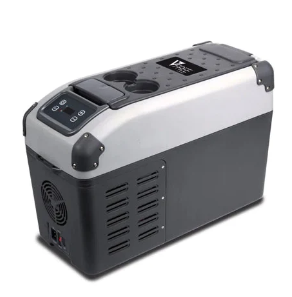
Topical Treatments: The First Line of Defense:
Over-the-counter (OTC) Products:
OTC products are often the first step in managing mild to moderate acne. These products typically contain active ingredients like:
Benzoyl Peroxide: Helps kill acne-causing bacteria and reduce inflammation.
Salicylic Acid: A beta-hydroxy acid (BHA) that helps unclog pores and exfoliate the skin.
Alpha Hydroxy Acids (AHAs): Such as glycolic and lactic acids, which promote exfoliation and reduce skin buildup.
Prescription Topicals:
For more severe cases, dermatologists often prescribe stronger topical treatments, such as:
Retinoids (e.g., Tretinoin, Adapalene): These vitamin A derivatives promote cell turnover, preventing clogged pores and reducing inflammation. They can be highly effective but may cause initial irritation and dryness.
Topical Antibiotics: Like clindamycin and erythromycin, which target bacteria on the skin to reduce inflammation.
Dapsone Gel: An anti-inflammatory treatment that is especially effective for inflammatory acne in adults.
Oral Medications: Tackling Acne from the Inside Out:
Antibiotics:
Oral antibiotics such as tetracycline, doxycycline, and minocycline can reduce acne by targeting the bacteria that contribute to breakouts. These medications are often prescribed for moderate to severe acne and are typically used for a limited period to avoid antibiotic resistance.
Hormonal Treatments:
For individuals whose acne is linked to hormonal fluctuations, hormonal treatments can be highly effective. Birth control pills containing estrogen and progestin can help regulate hormone levels and reduce acne. In addition, anti-androgen medications like spironolactone are commonly used to manage acne in women by decreasing the effect of androgens on the skin.
Isotretinoin (Accutane):
For severe, cystic acne that doesn’t respond to other treatments, isotretinoin is often considered the gold standard. This powerful medication is derived from vitamin A and works by reducing oil production, preventing clogged pores, and minimizing inflammation. While highly effective, isotretinoin comes with potential side effects, including dry skin, lip irritation, and, in rare cases, more serious health risks. Regular monitoring by a dermatologist is essential during treatment.
Advanced Dermatological Procedures:
When traditional treatments don’t deliver the desired results, dermatological procedures can offer effective solutions.
Chemical Peels:
Chemical peels involve applying a solution to the skin that exfoliates the top layers, helping to clear clogged pores and promote skin renewal. Depending on the severity of acne, chemical peels can be superficial (mild exfoliation) or deep (targeting deeper skin layers). Common acids used include glycolic acid, salicylic acid, and trichloroacetic acid.
Laser and Light Therapies:
Laser treatments and light therapies, such as blue light therapy, work by targeting acne-causing bacteria and reducing inflammation. These treatments also help improve skin texture and reduce post-acne scars. Fractional laser treatments, like fractional CO2, can penetrate deeper into the skin to promote collagen production and enhance skin healing.
Microneedling:
Microneedling involves using a device with fine needles to create micro-injuries in the skin, which stimulates the production of collagen and elastin. This technique not only helps to reduce acne scars but also improves skin texture and reduces future breakouts.
Skincare Tips for Acne-Prone Skin:
Alongside Acne Treatment, adopting a suitable skincare routine can make a significant difference. Here are some key tips:
Gentle Cleansing: Use a mild, non-comedogenic cleanser twice a day to remove dirt and excess oil without stripping the skin.
Moisturizing: Even oily skin needs hydration. Opt for lightweight, oil-free moisturizers.
Sun Protection: Sunscreen protects against UV damage and prevents hyperpigmentation, which can result from acne scars.
Avoid Picking: Picking at blemishes can lead to scarring and further inflammation.
Lifestyle Changes to Support Clear Skin:
A few lifestyle adjustments can complement topical and oral treatments:
Healthy Diet: A balanced diet rich in vegetables, fruits, lean proteins, and whole grains can support skin health. Reducing the intake of dairy and high-glycemic foods may also help in some individuals.
Hydration: Drinking enough water keeps the skin hydrated and flushes out toxins.
Stress Management: High stress levels can trigger hormonal changes that exacerbate acne. Practicing mindfulness, yoga, and other relaxation techniques can be beneficial.
Conclusion:
Achieving clear skin is possible with the right combination of treatments, skincare routines, and lifestyle changes. Whether you’re managing mild breakouts or severe acne, there are effective solutions tailored to your needs. Consulting a dermatologist is essential to find the most suitable treatment plan for your skin type and condition, leading to healthier, clearer skin in the long run.
Note: IndiBlogHub features both user-submitted and editorial content. We do not verify third-party contributions. Read our Disclaimer and Privacy Policyfor details.
Copyright © 2019-2025 IndiBlogHub.com. All rights reserved. Hosted on DigitalOcean for fast, reliable performance.



